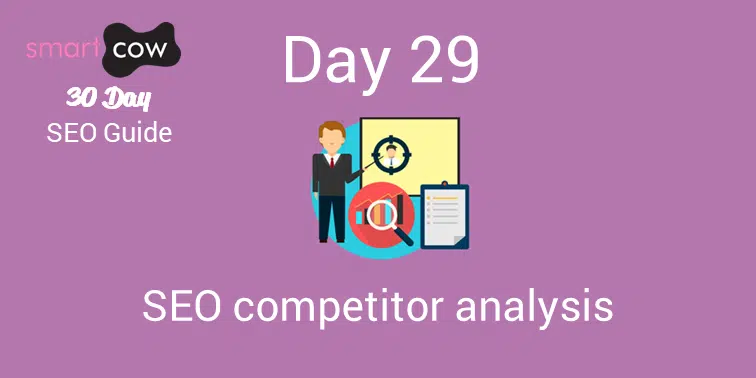To know why you should use inbound marketing, firstly let’s just touch on what inbound marketing means. It’s about content marketing, social media marketing, email marketing, Pay Per Click advertising and Search Engine Optimisation (SEO). It’s the digital marketing tactics we employ to help attract prospects to our services and products.
Here’s an overview of the reasons why you should be using inbound marketing for your business.
- Building brand awareness and trust: Marketing is all about building awareness of your products and services. There’s approximately 7 touch points needed for there to be an inbound sale or a clients success on boarding, therefore for you to get your message out there you need to continuously be talking about it in a variety of ways. That’s where digital marketing fits in. From blog page to social media platforms or email marketing, there’s a plethora of ways to get your business out there – you just need to be targeted.
- Reach the potential customers that you want to: Once you know the audience you want to reach you can get really targeted with your inbound digital marketing campaigns. Create a persona of the audience you want to reach. Think of their goals, challenges and how your service and product can help them solve their issues which will improve customer acquisition.
- Engage with your audience through social media marketing: With the raft of social media platforms and content being consumed in our daily lives, it’s worth remembering that this is yet another avenue for a company to reach potential new business. Importantly, it puts you in direct contact with your audience, allows you to engage directly which helps build awareness and trust. A successful digital marketing campaign will engage with people searching for your products or services.
- Developing insightful content to build your brand as a thought leader: A blog or news pages on a website are not only key for keeping content fresh on a website which in turn helps SEO, but also helps build you as a thought leader in your industry. Being an authority in your field of business, offering relevant information to website visitors, helps build domain authority in search engines. It also helps you rise in the organic search rankings.
- Create additional touch points for your business to be seen: SEO, Social Media Marketing, Email Marketing, Content Marketing, these are all digital marketing tools to take advantage of which increases your chances of being seen by your target audiences. Creating a bespoke campaign using relevant channels for the messages you want to get out there will create an effective outcome through engagement, awareness, interest. It’s key to have these touch points to move your prospect through the lead generation funnel.
- Be focussed: 79% of top-performing companies have been using marketing automation for three or more years (Source: Venture Harbour, 2017 via Hubspot). Marketing automation frees up time by automating repetitive tasks, it also allows tailored automated responses, tracking of prospects activity on a website as well as chat bot automation.
If you’re looking for more quality clients, become a lead generation magnet with a targeted inbound marketing strategy. Get in touch with us at Smart Cow an inbound marketing agency in London, or see below and find out more in our handy resources and other marketing services from web design to video marketing.
Digital marketing resources:
Here’s some further information on inbound marketing for your business.


